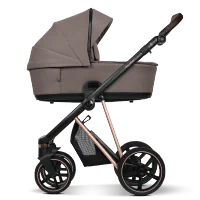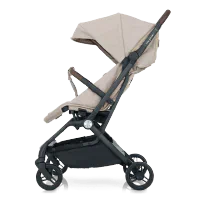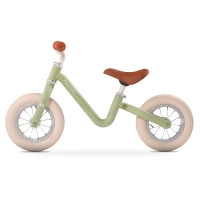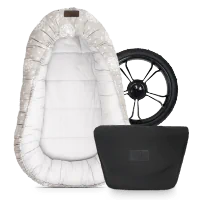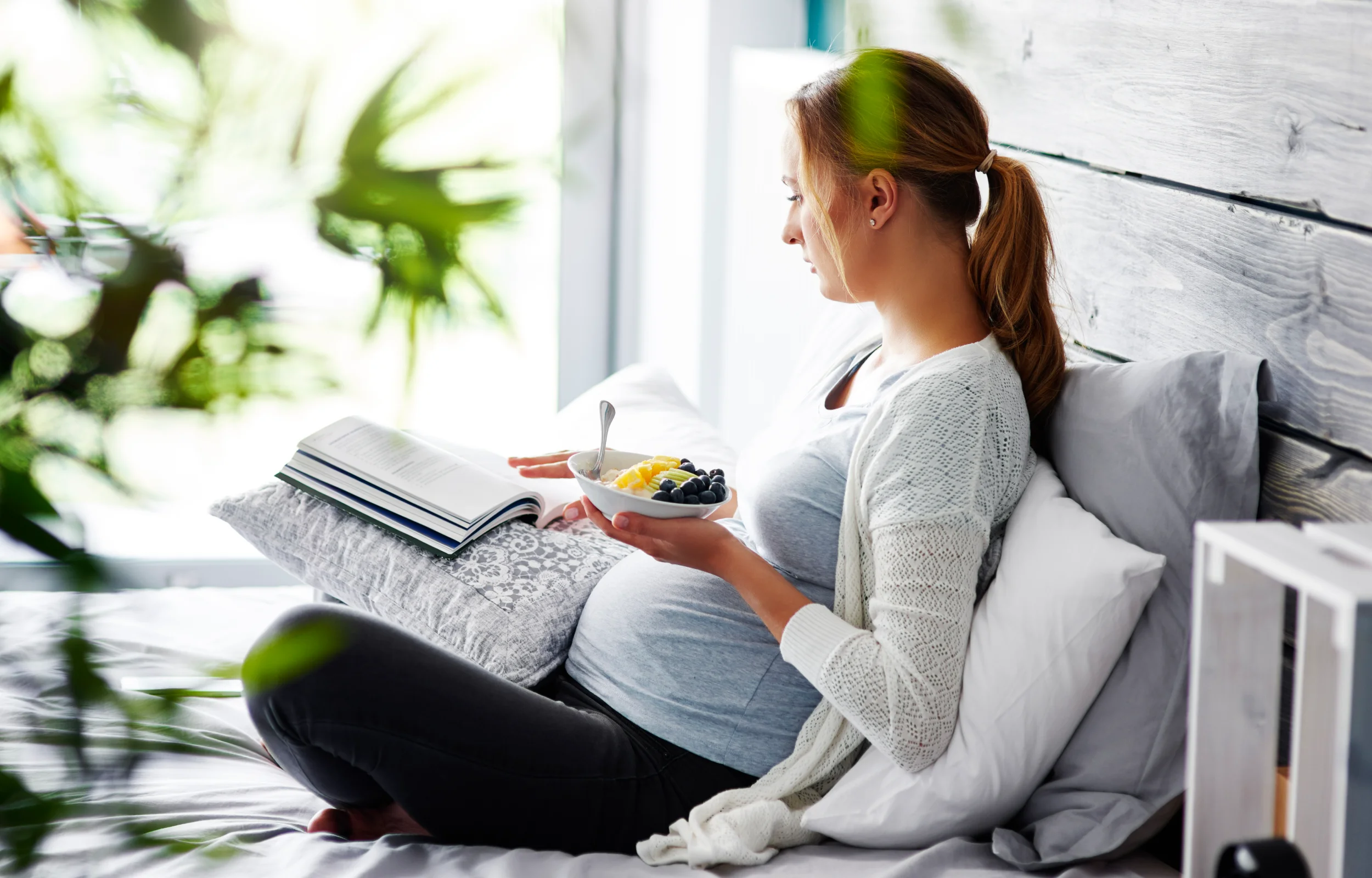
The 8th Week of Pregnancy – Your Happiness Continues to Grow
The 8th week of pregnancy (in the first trimester) is a time full of changes and developments. Your happiness is growing rapidly, forming important structures and sensory organs, while your body adapts to the new demands of the embryo. Regular check-ups, such as an ultrasound scan, and a balanced diet are now particularly important to support your health and that of your baby.
You will probably have your first antenatal check-up soon. Usually, there is one ultrasound per trimester; any additional scans must be paid for privately. Although the first ultrasound shows the least detail, it is certainly the most exciting. You will see your baby on the screen for the first time – a moment full of emotions. If possible, take your partner with you.
This overview will tell you how your baby develops in the 8th week of pregnancy and how you can deal with typical pregnancy symptoms.
8th Week of Pregnancy at a Glance
Your Baby
- First signs of arms, legs, fingers and toes – still covered with fine membranes.
- Size around 16 mm, safely nestled in the amniotic sac.
Your Body
- Hormonal changes often lead to nausea, tiredness and mood swings.
- Abdominal twinges due to the growth of the uterus and stretching of the ligaments.
- Improved oral hygiene helps prevent gum problems.
Good to Know about Foetus and Mum
- Regular check-ups are especially important from the 8th week of pregnancy onwards.
- If you experience stretching pains: take breaks, avoid heavy lifting and massage gently.
Baby’s development in the 8th week of pregnancy
Your baby is about 16 mm long. Fingers and toes continue to develop, eyelids are forming and will remain closed until the 12th week. The first outlines of the mouth and nose can be seen on the ultrasound.
Your body in the 8th week of pregnancy
Increased pulling sensations in the lower abdomen are normal – they show that your uterus is growing. Many pregnant women experience tiredness, mood swings and physical symptoms such as nausea or breast tenderness.
Tips for week 8
- Gentle walks in the fresh air.
- Avoid heavy lifting and plan regular breaks.
- Drink plenty of water and eat a balanced diet.
Health & check-ups
From now on, check-ups take place every four weeks. The first appointment includes an ultrasound, blood tests and a general health check. In addition, you should pay attention to good oral hygiene and arrange an appointment for dental cleaning.
Nutrition & lifestyle
Important nutrients: folic acid, vitamin B, iodine. Avoid raw animal products, unwashed fruit/vegetables, blue cheese, alcohol and nicotine.
Coping with nausea
Small, frequent meals, ginger tea, dry snacks and plenty of fluids can help. Avoid strong smells and fatty foods.
The role of the midwife
Look for a midwife early to build a trusting relationship. She will support you through pregnancy, birth and postnatal care.

 Pushchair
Pushchair 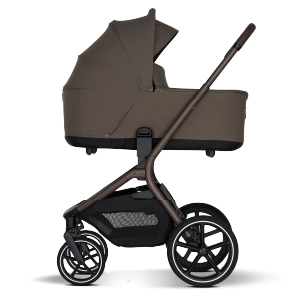 MAVI
MAVI 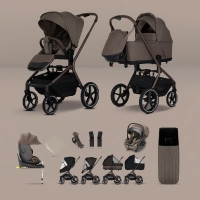 MAVI Bundle
MAVI Bundle 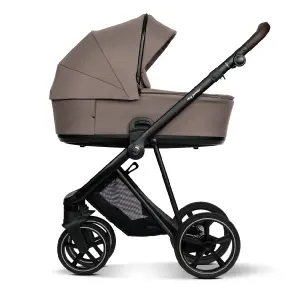 VIGO²
VIGO²  VITA unique³
VITA unique³ 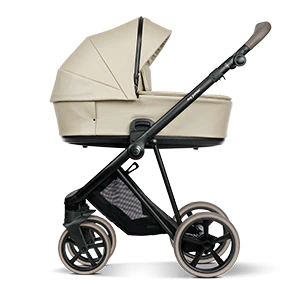 VIGO² Alcantara
VIGO² Alcantara 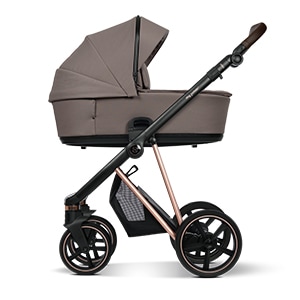 VIGO
VIGO 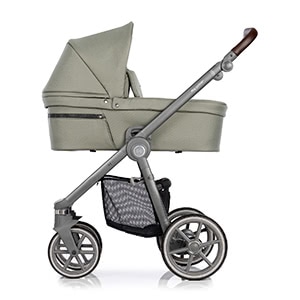 VITA HOPE
VITA HOPE 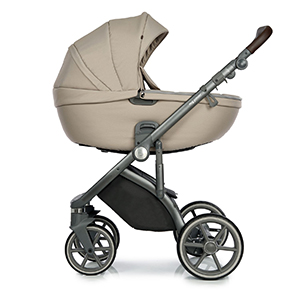 VITA unique²
VITA unique² 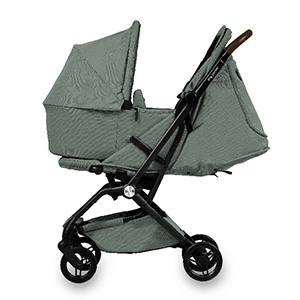 PICO³ with tub
PICO³ with tub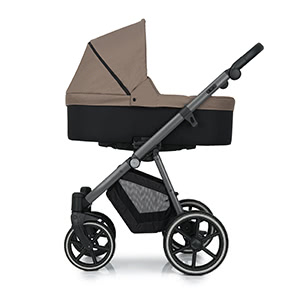 NOAX²
NOAX² 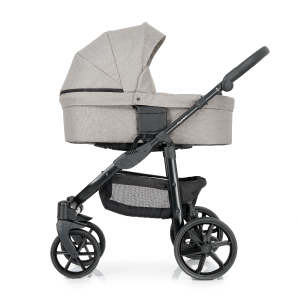 MIYO²
MIYO²  Pram tests
Pram tests  Consultation
Consultation  Buggies
Buggies 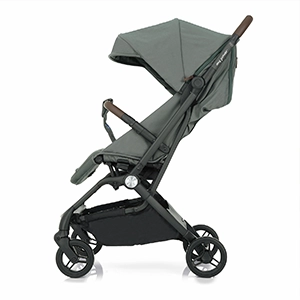 PICO³
PICO³ 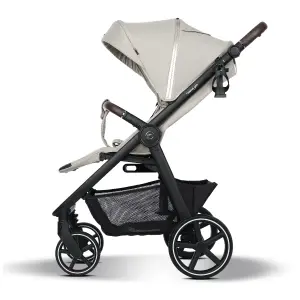 PLIA²
PLIA²  PLIA² Air
PLIA² Air 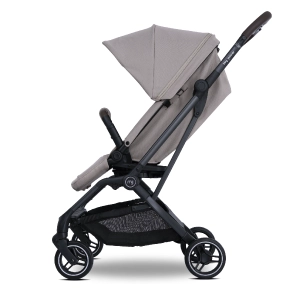 PICO³⁶⁰
PICO³⁶⁰ 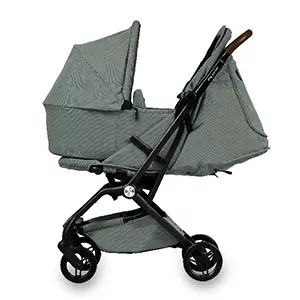 PICO³ with tub
PICO³ with tub 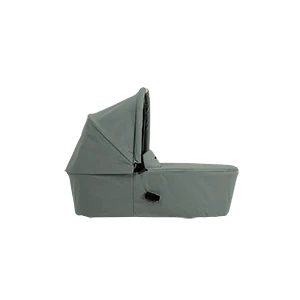 PICO tub
PICO tub 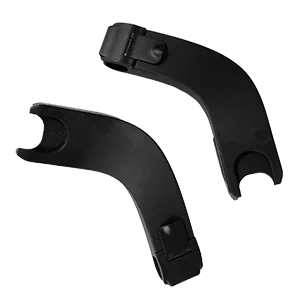 PICO infant car seat adapter
PICO infant car seat adapter  Limited Editions
Limited Editions 

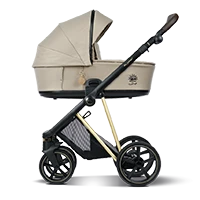
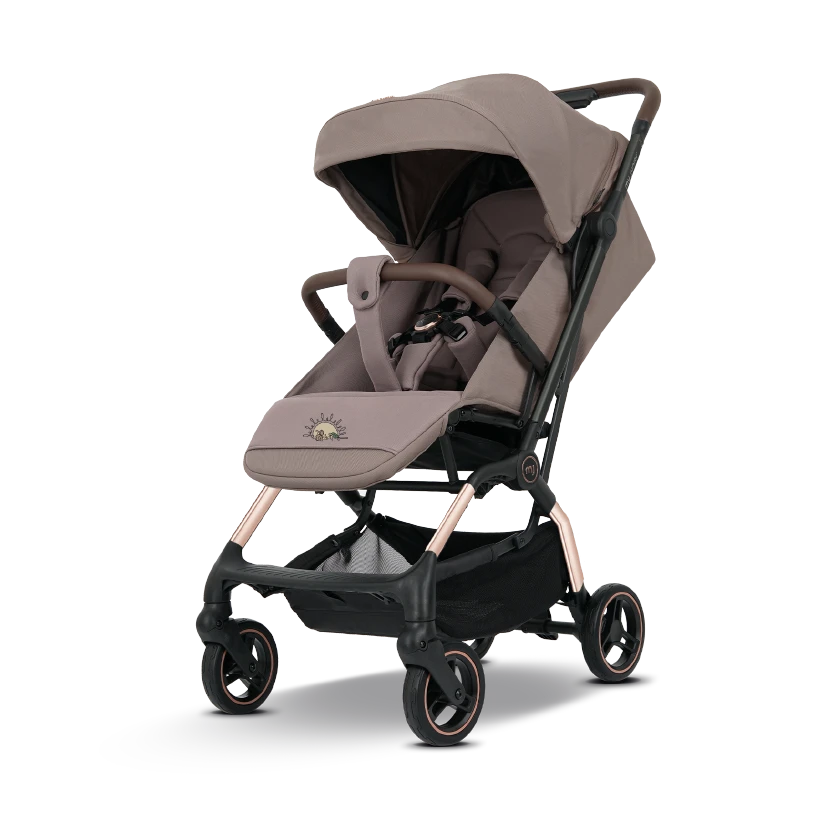



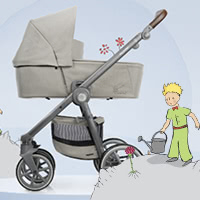
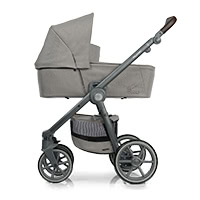
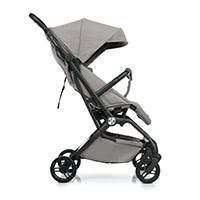
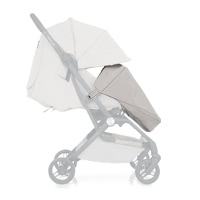

 Limited Edition Parasol
Limited Edition Parasol 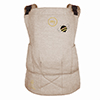 Limited Edition Baby Carrier
Limited Edition Baby Carrier  Child seats
Child seats  All Isofix Bases
All Isofix Bases  AURAᵉʳᵍᵒ
AURAᵉʳᵍᵒ  Aura Pro
Aura Pro  Beam
Beam 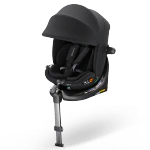 Cyro 360
Cyro 360 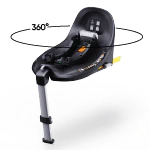 Base 360
Base 360 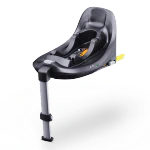 Base Static
Base Static 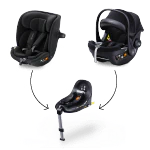 Capsule System
Bundle
Capsule System
Bundle  Beam Bundle
Beam Bundle 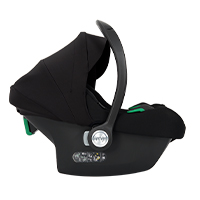 Avionaut Cosmo
Avionaut Cosmo 
 Love Sale
Love Sale
 Reviews
Reviews  Read reviews
Read reviews  Write a review
Write a review 
 Home
Home  Fabric sample
Fabric sample  Baby carriers
Baby carriers  LUVA
LUVA  NAMI
NAMI 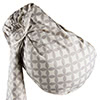 NAMI with ring
NAMI with ring  Accessories
Accessories  Vouchers
Vouchers  Discover my junior®
Discover my junior®  About us
About us  In your vicinity
In your vicinity  All my junior
All my junior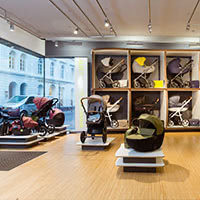 Flagship Store
Aachen
Flagship Store
Aachen  Flagship Store
Hamburg
Flagship Store
Hamburg 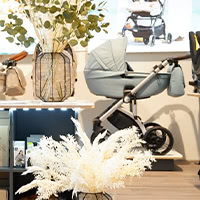 Flagship Store
Salzburg
Flagship Store
Salzburg  Flagship Store Binzen
Flagship Store Binzen
 Flagship Store
Krefeld
Flagship Store
Krefeld  Studio Cologne
Studio Cologne  Studio Trier
Studio Trier  Studio Braunschweig
Studio Braunschweig
 Studio Metzingen
Studio Metzingen
 my junior® pram in
Switzerland
my junior® pram in
Switzerland  Help and Contact
Help and Contact  Useful
Useful  Career
Career  Press
Press 


